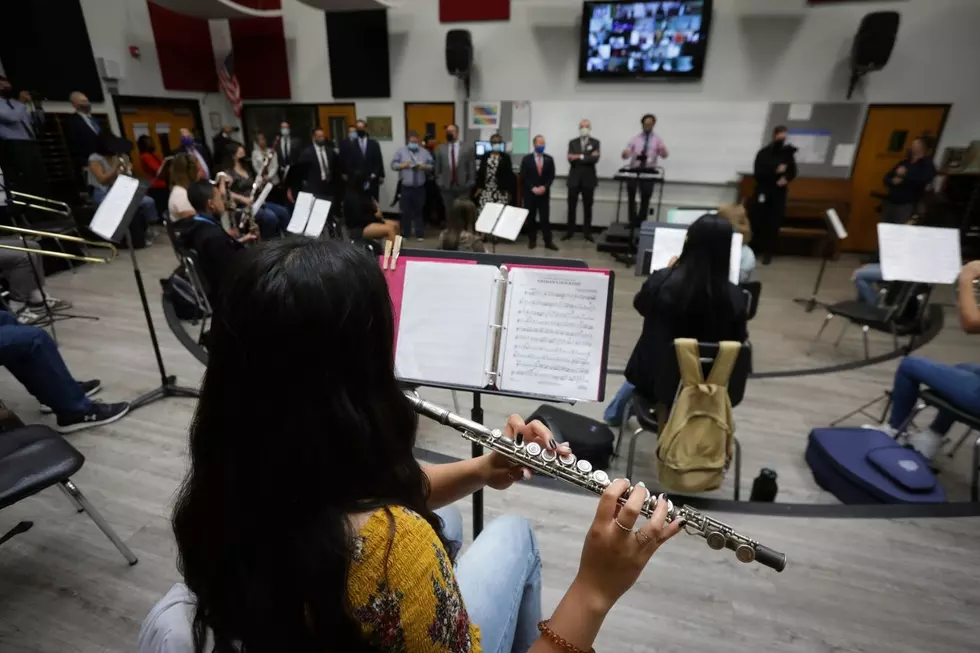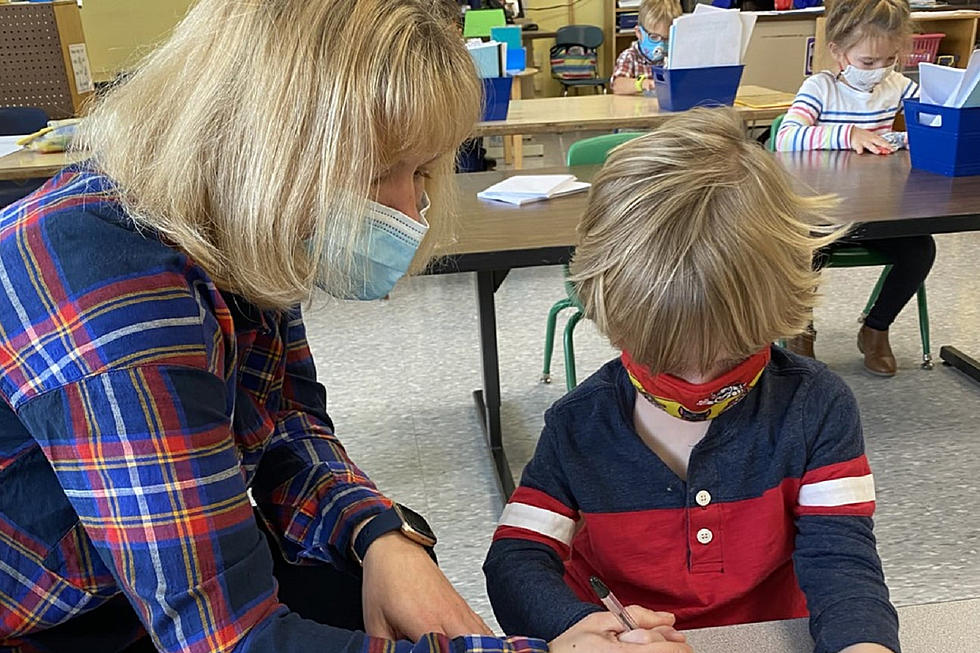
How NJ’s pushing schools to deal with chronic absenteeism
New Jersey officials are pushing from multiple angles to get schools with lots of chronically absent students to do more to get kids into the classroom.
The state Department of Education last week released its plan for complying with the latest federal education law, the Every Student Succeeds Act. In that plan, school quality and student success would be judged in part by looking at the number of students absent more than 10 percent of the time.
The Legislature is also getting involved, having renewed work on a proposal requiring the more than one-third of school districts where more than 10 percent of students are chronically absent to develop a corrective action plan.
“All teachers, superintendents, administrators, they have so much on their plate to try to educate kids,” said Sen. Diane Allen, R-Burlington. “And we understand that. But we know that if you don’t put this near the top of your plate, we aren’t going to be able to educate so many of our children.”
Around 10 percent of students, 136,000 out of 1.3 million, were chronically absent in 2014-15, said senior policy analyst Cynthia Rice of Advocates for Children of New Jersey, or ACNJ.
“This bill places no blame on anyone. Let’s just make that clear. It is not the schools’ fault. It is not the parents’ fault. This is about taking an action to improve attendance throughout our state,” Rice said.
“It’s saying to schools: You’ve got to think differently. You have to work with families and the community to think differently, plan differently and do differently,” she said.
“No reform efforts will ever be successful when students aren’t in school,” said former Education Commissioner Vito Gagliardi.
In identifying problems and barriers to school attendance and recommendations for addressing them, schools would have to solicit input from parents through a survey and working with the school’s parent organization. The state would have to add data about chronic absences to its school report cards.
“Many issues come out around health, around parent support, around safety – the path from home to school. About parents who live in communities where they don’t know anyone. They don’t know their next door neighbor to say, ‘Can you watch my child today because he’s home sick?’” said Cecelia Zalkind, president and chief executive officer of ACNJ.
“Is that a school’s responsibility? No. But it is the responsibility I think of the community to talk about, ‘What can we do to support this family more effectively?’” Zalkind said.
While chronic absenteeism isn’t limited to city schools, economy-related are often a driver behind absenteeism, such as an older child staying home with a sick sibling so their parents don’t miss work, according to school administrators who have addressed the issue in their buildings.
“We found issues such as my clothes weren’t clean, I couldn’t come,” said Sandra Diodonet, assistant superintendent in Paterson. “Don’t worry about it, next time come to school with a t-shirt on. Our goal is to educate children, it’s not to say you can’t come in because you don’t have a clean uniform.”
“Certain things such as my mother had to go to the doctor, and I had to translate for her. Tell your mother to come in. We’ll have somebody from here call the doctor and translate over the phone,” Diodonet said.
The bill was endorsed this month by the Senate Education Committee and sent to the budget committee, which meets Monday but doesn’t have the bill on its agenda. The Assembly Education Committee was going to consider it last week but delayed its consideration.
A similar bill advanced through both education committees in 2015, in the lame-duck, post-election session, then stalled and have to start the process again from the beginning.
The Christie administration is accepting public comments on its ESSA plan through March 20.
The state says chronic absenteeism provides important information about a school’s culture and climate, and it notes students – especially minority ones – cite unsafe school climates as a reason for missing school. It says high-school attendance is a better dropout indicate than test scores.
Under the proposal, days of school that are missed for things like Take Our Children to Work Day, college visits and religious holidays wouldn’t count toward the calculation of whether a student misses 10 percent of school time.
New Jersey: Decoded cuts through the cruft and gets to what matters in New Jersey news and politics. Follow on Facebook and Twitter.
Michael Symons is State House bureau chief for New Jersey 101.5 and the editor of New Jersey: Decoded. Follow @NJDecoded on Twitter and Facebook. Contact him at michael.symons@townsquaremedia.com
More From New Jersey 101.5 FM









